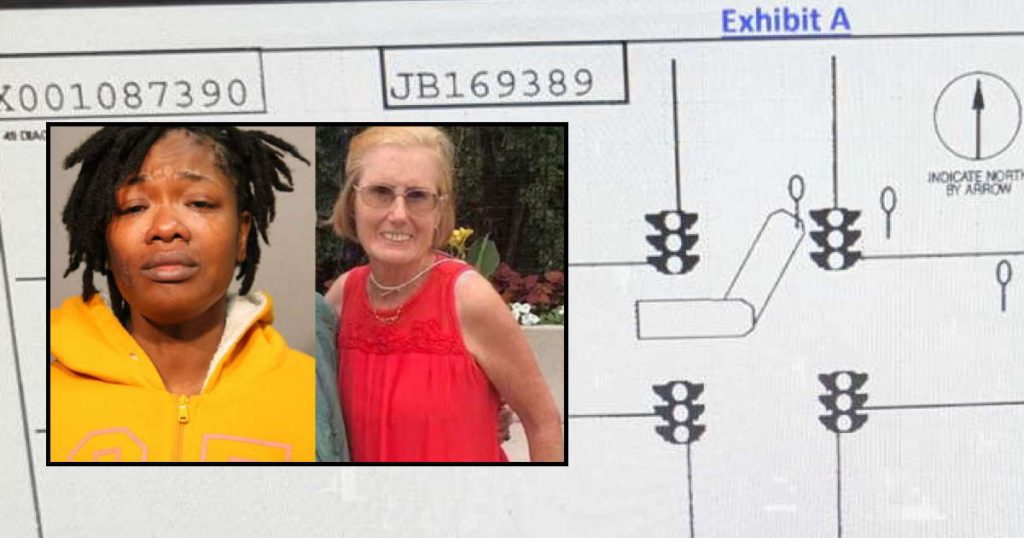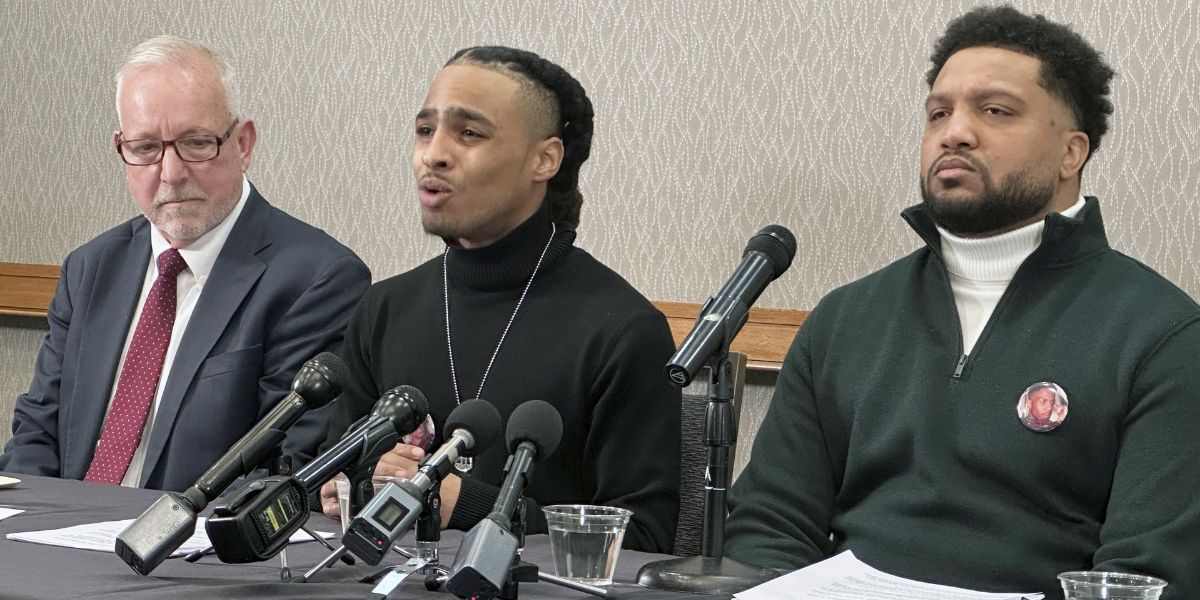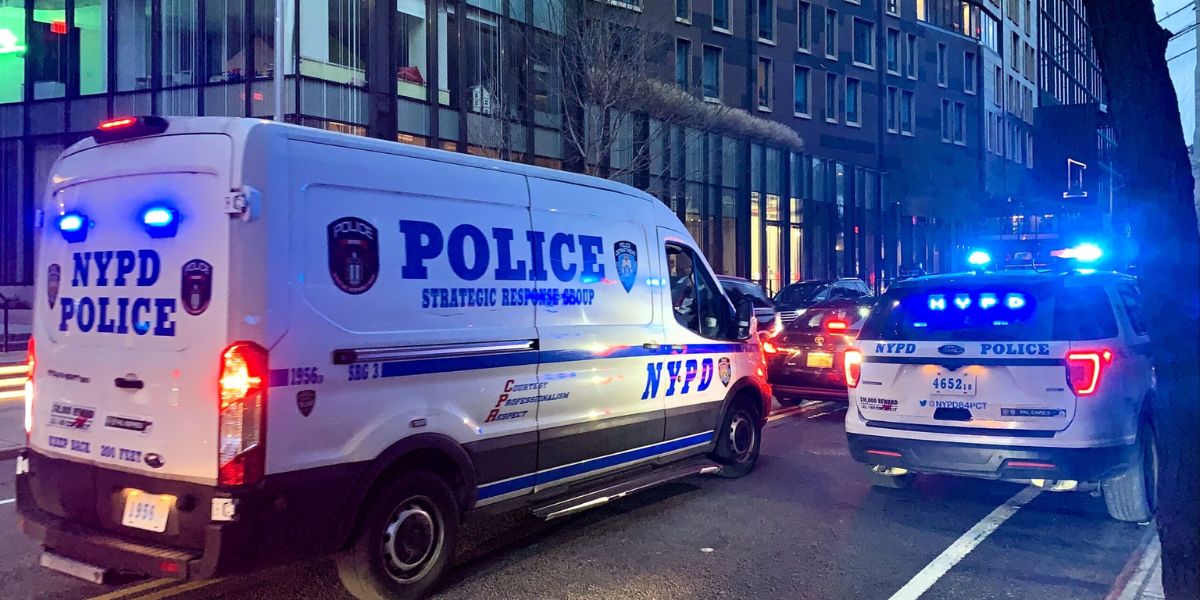In a dramatic legal twist, Sandra Kolalou, formerly known as Sandra White during her civil trial, secured a $3 million verdict against the Chicago Transit Authority (CTA) despite facing severe criminal charges. Kolalou, who was sentenced to decades in prison for the gruesome murder and dismemberment of her landlord, Frances Walker, managed to proceed with her civil lawsuit under her maiden name. This decision by the judge allowed her to claim damages stemming from a 2018 accident involving a CTA bus in Rogers Park.
The lawsuit, initiated in 2019, alleged that Kolalou suffered permanent back injuries and potential surgery needs after being struck by a #22 Clark bus while crossing Clark and Howard streets. Despite facing incarceration, Kolalou’s legal team successfully argued her case without mentioning her murder charges to the jury, aiming to avoid bias against her during the trial. This strategy led to a substantial monetary award in February 2023, coupled with additional costs, in favor of Kolalou.
Court records revealed that the CTA subsequently sought a new trial in May 2023, citing discrepancies in Kolalou’s deposition audio quality and alleged non-disclosure of active social media accounts. The transit authority claimed that Kolalou’s online activities, including adventurous and physically demanding pursuits, contradicted her claims of severe pain and disability due to the accident. These revelations posed a challenge to the initial jury verdict, prompting legal maneuvers aimed at overturning the substantial financial award granted to Kolalou.
Also Read:
- Illinois Woman Insists on Innocence During Sentencing for Landlord’s Dismemberment
- Chicago Man Sentenced to Life for Brutal Family Murders
The case highlights complex legal dynamics where civil claims can proceed independently of criminal proceedings, allowing individuals like Kolalou to secure significant financial compensation despite facing serious criminal charges. The ongoing legal battles underscore the intricate balance between civil rights and judicial fairness, particularly in cases involving high-profile criminal accusations and subsequent civil litigation.






